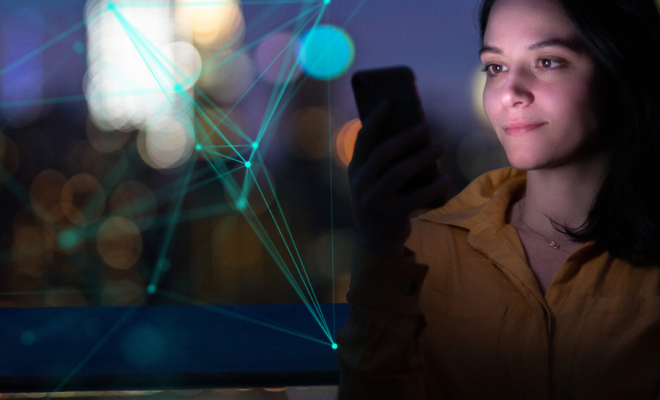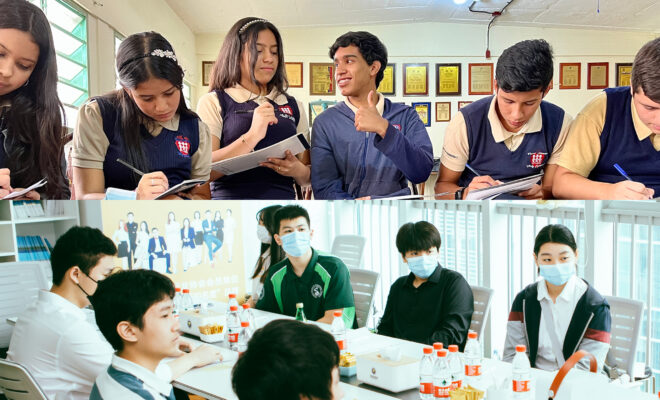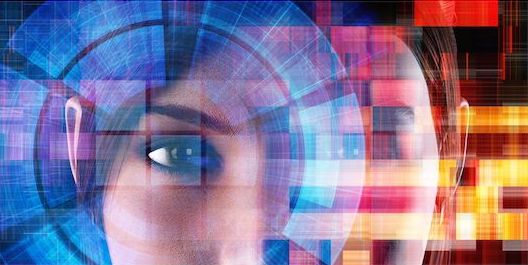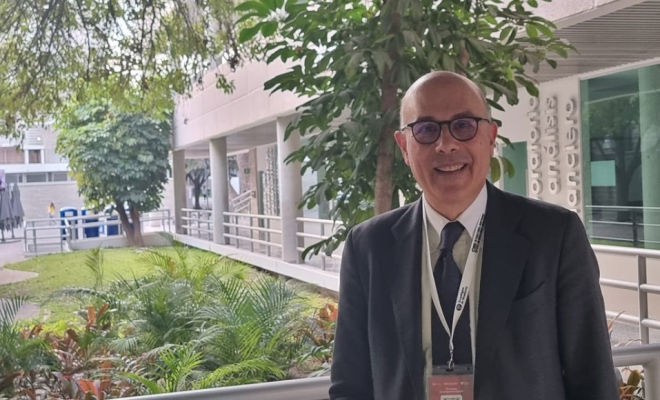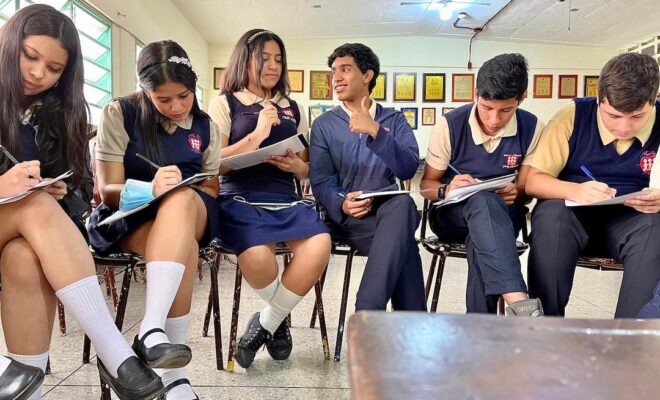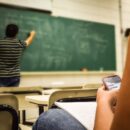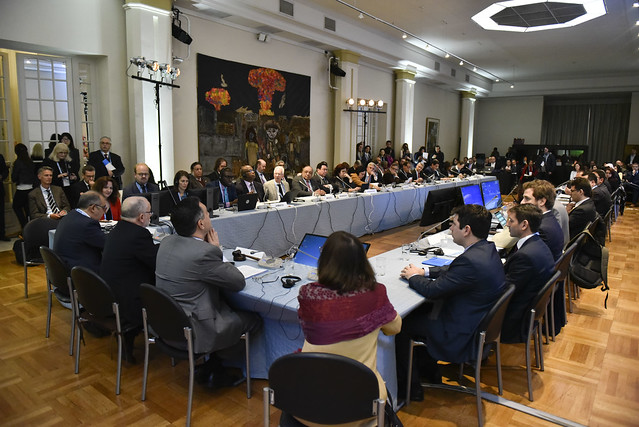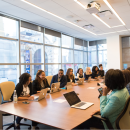Young people are already transforming education, but do we know how? Let’s listen
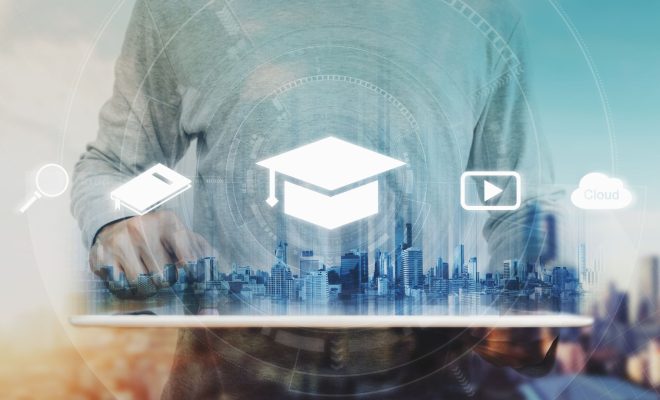
Innovation in education can be technological. The current tech revolution has multiplied the innovative educational tools available, creating enormous opportunities to move us closer to achieving SDG 4 – inclusive and equitable quality education and promote lifelong learning opportunities for all. Worldwide, students who cannot afford formal classes are becoming competent in foreign languages through self-initiated learning that combines languages applications for smartphones, watching foreign movies with original language subtitles, engaging in online forums for discussions, participating in online language exchange; rural schools which did not have electric lights are being equipped with solar panels and Internet connectivity, providing access to information and knowledge through the guidance of upskilled teachers and peers; children are teaching their grandparents how to use communication apps so they can avoid isolation and be connected to family members. In today’s reality, “Leaving no one behind” is also “Leaving no one offline” (ECOSOC, 2020).
Yet, innovation in education is much more than technology. It is the ability to invent and provide a new and accessible solution to a real problem or challenge (UNICEF, 2022); it is connected to skills and behavior, and not only to tools. Take, for example, when a group of youth decide to create an organization to reflect on the role of their generation in the achievement of the Sustainable Development Goals and then engage in collaborative problem-solving. Or when a group of teachers decide to co-create with their students on curricular content, designing dialogic and engaging activities, so classes and extracurricular activities can become more context-sensitive and aligned with students’ interests and real lives. Those are real situations that illustrate how innovation relies mostly in humans’ creativity and drive for meaningful change.
Teaching and learning should come hand in hand. While we have been informed quite a lot on the good practices exemplified through teacher-led initiatives or top-down approaches from educators’ perspectives, what insights do we have from learners’ perspective on what they are doing to innovate their own learning and how they evaluate the current advancements in technological and educational trends combined? Now is time to listen and value young people’s role in transforming education!
This is what inspired the creation of the Young People for Transforming Education Project (YPTEP), a partnership between the UNESCO International Institute for Higher Education in Latin America and the Caribbean (IESALC) and the International Center for UNESCO ASPnet (ICUA), officially co-launched after the Transforming Education Summit (16-19 September 2022).The project aims at mapping and identifying how different generations of students are using technology or other forms of innovation to learn and improve learning efficiency. On the International Day of Education 2023, January 24, a kickoff dialogue will ignite our common efforts, with an inspiring debate among young people to share their passions and experiences in transforming educational pedagogy through innovation. Within the framework of YPTEP, this is the first of a series of dialogues that shall provide opportunities for youth to express their voices and lead the way in transforming education.
We will be gathered from on January 24th, 15:00 to 16:30 (EST), at the Trusteeship Council, United Nations Headquarters, New York, with five youth representatives from all UNESCO regions, who will engage in a debate about the use of technological and other forms of innovation to learn or improve learning efficiency, and what are the skills needed to apply such innovations in learning for life, work, and sustainable development. They will also reflect on the role of teaching professionals in transforming education and the support that should be given by other educational stakeholders. Youths and education stakeholders from everywhere are invited to join us online and engage through the UN webcast link.
The panel will count on the participation of Doris Mwikali, SDG4 Youth Representative – SDG4 High Level Steering Committee (Sherpa Group), representing Africa; Eliane R. El Haber, UNESCO SDG4Youth Network Representative, as a spokesperson for the Arab States; Felipe Gómez Gallo, UNESCO SDG4Youth Network – Focal Point for Event Planning and Participation, speaking for Latin America and the Caribbean; Kenisha Arora, UNESCO Youth Representative, Senator at Western University and Yujia Fu, Head of Research and Partnership from International Center of UNESCO ASPnet; with moderation by Bianca Liu Herzog, Associate Programme Management Officer at the Office of the Secretary-General’s Envoy on Youth. Over the next two months, other regional, national and national dialogues will be held, and a Global survey will be launched to expand participation and coverage on youth innovative role in transforming education.
Let us create a renewed educational environment where learning innovation leaves no one behind.
RELATED ITEMS
